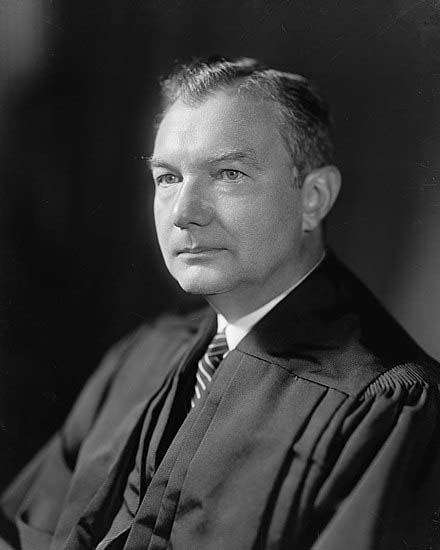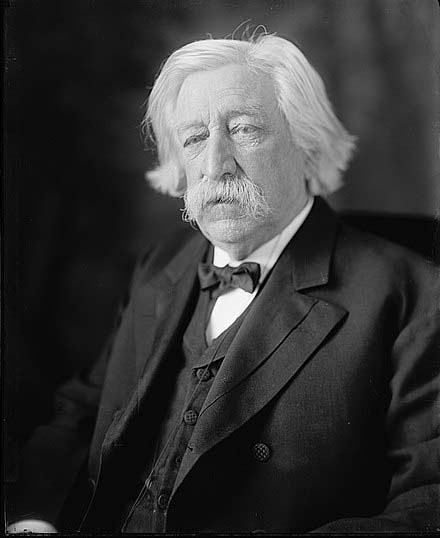2 Supreme Court Justices - 1930's dated Autograph - Two Autographs
Inv# AU1812 Autograph2 Supreme Court Justices; Robert Jackson and Melvin Fuller.

Robert Houghwout Jackson (February 13, 1892 – October 9, 1954) was a distinguished American lawyer, jurist, and politician who served as an associate justice of the U.S. Supreme Court from 1941 until his passing in 1954. Prior to this role, he held the positions of United States Solicitor General and United States Attorney General, making him the only individual to have occupied all three offices. Jackson is particularly recognized for his role as Chief United States Prosecutor during the Nuremberg trials, which addressed the atrocities committed by Nazi war criminals after World War II. Notably, he was the last U.S. Supreme Court justice without a formal law degree, having gained admission to the bar through the traditional method of apprenticeship under a practicing lawyer, after only a year of study at Albany Law School. Jackson is well-remembered for his counsel that "Any lawyer worth his salt will tell the suspect, in no uncertain terms, to make no statement to the police under any circumstances," as well as his insightful remark regarding the Supreme Court: "We are not final because we are infallible, but we are infallible only because we are final." He earned a reputation as one of the Supreme Court's most eloquent writers and was deeply committed to upholding due process as a safeguard against excessive federal authority. Viewed as a moderate liberal, Jackson is known for his dissenting opinions in cases such as Terminiello v. City of Chicago, Zorach v. Clauson, Everson v. Board of Education, and Korematsu v. United States, along with his majority opinion in West Virginia State Board of Education v. Barnette and his concurring opinion in Youngstown Sheet & Tube Co. v. Sawyer. Justice Antonin Scalia, who later occupied the seat once held by Jackson, regarded him as "the best legal stylist of the 20th century."

Melville Weston Fuller (February 11, 1833 – July 4, 1910) was an American politician, lawyer, and jurist who held the position of the eighth Chief Justice of the United States from 1888 until his passing in 1910. His time on the Supreme Court was characterized by a strong conservative ideology, as evidenced by his support for unrestricted free enterprise and his opposition to expansive federal authority. Fuller authored significant opinions regarding the federal income tax, the Commerce Clause, and citizenship law, and he participated in crucial rulings concerning racial segregation and the freedom of contract. These decisions often attracted criticism both during and after his time on the Court, with many ultimately being overturned or nullified. The legal community has largely regarded Fuller unfavorably, although a small group of revisionist scholars has adopted a more positive perspective on his legal philosophy.











Ebay ID: labarre_galleries